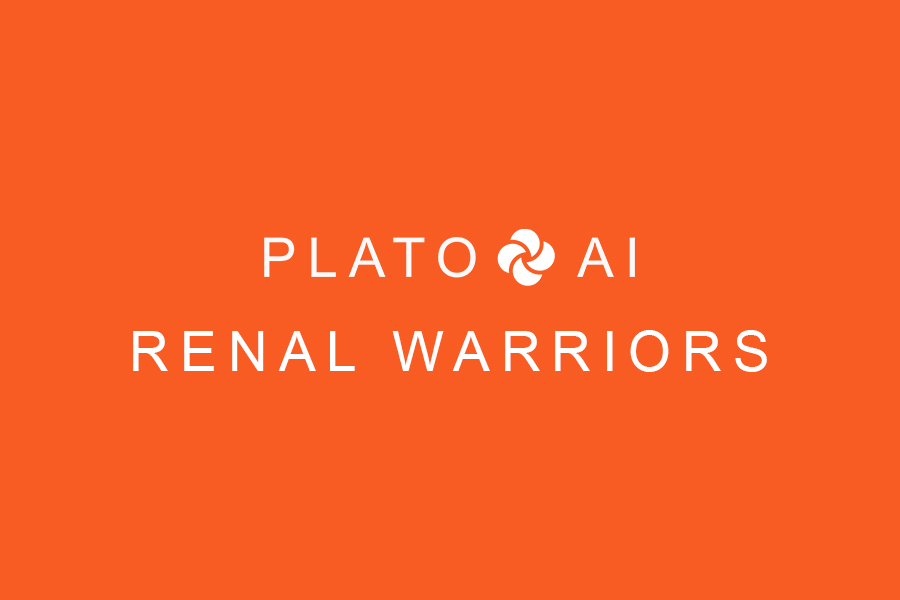Foods to Avoid on Mount Kilimanjaro: An Informative Guide
Mount Kilimanjaro, the highest peak in Africa, is a dream destination for many adventure enthusiasts. Scaling this majestic mountain requires physical endurance, mental strength, and careful planning, including considering your dietary needs. Proper nutrition plays a crucial role in ensuring a successful and enjoyable climb. In this informative guide, we will discuss the foods you should avoid while climbing Mount Kilimanjaro.
1. High-Fat Foods:
When climbing at high altitudes, your body requires more energy to function properly. However, consuming high-fat foods can slow down digestion and make you feel sluggish. Avoid foods like fried snacks, fatty meats, and oily dishes as they can lead to indigestion and discomfort during your climb.
2. Spicy and Acidic Foods:
Spicy and acidic foods can irritate your stomach lining and cause heartburn or acid reflux. These symptoms can be particularly troublesome when you are already dealing with altitude sickness. It is best to avoid spicy dishes, citrus fruits, tomatoes, and vinegar-based dressings to prevent any digestive issues.
3. Carbonated Drinks:
Carbonated drinks like soda or sparkling water can cause bloating and discomfort due to the increased pressure in your stomach. Additionally, the carbonation can dehydrate you faster, which is something you want to avoid while climbing at high altitudes. Stick to still water or electrolyte-rich beverages to stay hydrated.
4. Dairy Products:
Dairy products such as milk, cheese, and yogurt can be difficult to digest for some individuals, especially at higher altitudes where digestion is already compromised due to reduced oxygen levels. Lactose intolerance can worsen symptoms like bloating, gas, and diarrhea. Opt for lactose-free alternatives or non-dairy sources of calcium and protein.
5. Processed and Packaged Foods:
Processed and packaged foods often contain high amounts of sodium, preservatives, and artificial additives. These can lead to water retention, bloating, and increased thirst. It is best to avoid these foods and opt for fresh, whole foods instead. Pack nutrient-dense snacks like nuts, dried fruits, and energy bars to keep your energy levels up during the climb.
6. Alcohol and Caffeine:
Alcohol and caffeine are diuretics, meaning they increase urine production and can contribute to dehydration. They can also disrupt your sleep patterns, which is crucial for acclimatization on the mountain. It is advisable to avoid or limit your consumption of alcoholic beverages and caffeinated drinks like coffee and energy drinks.
7. Raw or Undercooked Foods:
Raw or undercooked foods pose a higher risk of foodborne illnesses, which can be particularly dangerous in a remote environment like Mount Kilimanjaro. Ensure that all meats are thoroughly cooked, fruits and vegetables are washed properly, and avoid consuming raw eggs or unpasteurized dairy products.
Remember, while it is important to avoid certain foods, it is equally important to focus on what you should eat. Prioritize a balanced diet consisting of carbohydrates, proteins, healthy fats, and plenty of fruits and vegetables. Consult with a nutritionist or your trekking company for personalized dietary recommendations based on your specific needs.
By being mindful of your food choices and avoiding these foods on Mount Kilimanjaro, you can enhance your climbing experience, minimize discomfort, and increase your chances of reaching the summit successfully. Stay nourished, stay hydrated, and enjoy the breathtaking journey to the top of Africa’s highest peak!
- The Renal Warrior Project. Join Now
- Source: Plato Data Intelligence.
- Source: https://renal.platohealth.ai/a-guide-to-foods-to-avoid-on-mount-kilimanjaro/

